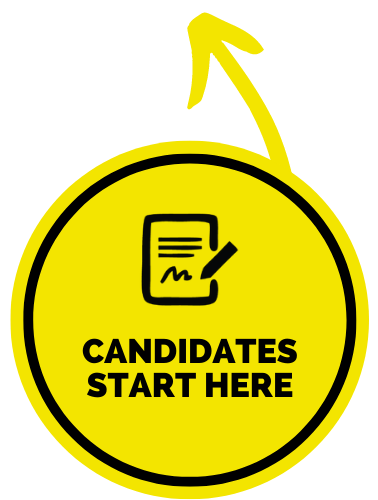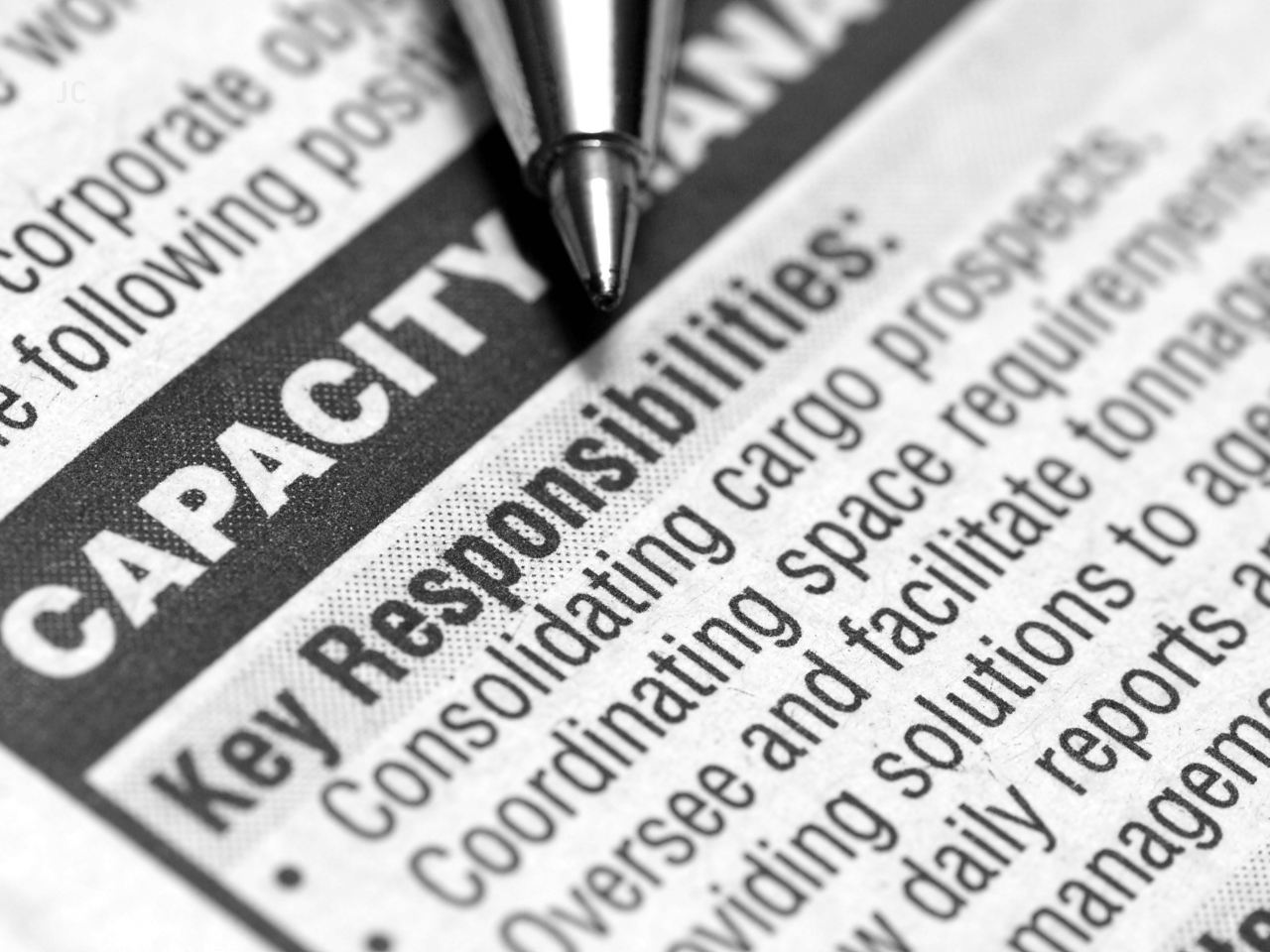
It’s just a fact that interviews are stressful. But they can be less stressful with the right preparation. Here are 3 easy interview tips that almost always work.
1. Focus on your communication in your interview
Verbal
A good interview should function like a conversation, so it’s important to make sure that your verbal communication is top-notch. Make sure that you’re providing informative, detailed responses to questions, but be careful of rambling. The balance is easy to find if you prepare properly (see tip 3 for more on that). You should also keep up a professional tone at all times. This doesn’t mean talking like a soulless robot – you can still speak like you usually would – but you should avoid being overly familiar and too casual. And be aware of the words you’re using. Too much slang comes off as unprofessional at best, disrespectful at worst. You have a limited time to make a good impression, so using language to your advantage is vital.
Nonverbal
Be aware of your posture and body language. Around 55% of your communication in a conversation comes down to nonverbal cues. It’s important, therefore, to pay attention to things like eye contact, the way you’re sitting, how much you’re fidgeting, etc. It’s admittedly easier for some people than others (especially if you’re neurodivergent) but the more you practice these things, the easier it gets and the less you have to focus on it. The more invested in the conversation you seem, the more likely you are to make a good impression.
Listening
Make sure you’re actively listening. When a question is asked, make sure you understand what it is that’s actually being asked, even if this means taking a quick moment to process and think. It’s better to have a small gap in the conversation than to immediately start answering a completely different question to what’s being asked. Also take note of key information as it’s given. As far as possible, you want to avoid re-asking questions that have already been answered elsewhere.
2. Actively participate in your interview
Presentation is important
Be aware of how your answers help or hinder your impression. You don’t want to come across as timid and less than confident, but you also don’t want to come across as cocky either. Know your strengths and how to market them well, but also make sure that you’re aware of areas where you can grow. Make sure that when you’re talking about your areas of growth, you’re also highlighting what steps you’re taking to address them. This shows self-awareness and a desire to achieve more.
Interview your interviewer
Your interview is as much for you as it is for your interviewer. While it’s wiser to hold back on questions regarding compensation and benefits until the interviewer brings them up, there are so many other questions that you could and should be asking. You want to make sure that the company is going to be as beneficial for you as you believe you will be for the company. Not sure what kind of questions to ask? Here’s a helpful list. You’re going to be spending a good portion of your day at work, so you want to make sure that the company you work for is aligned with your values, and is somewhere you want to work.
3. PREPARE FOR YOUR INTERVIEW!
Do your research
Make sure that you know as much about the company and the role as possible before you arrive. Google the company thoroughly so that you know as much as you can about them. Make sure you know what the average salary is for the role. The more you know, the easier it will be to talk about the company and the role. It will also make it easier for you to prepare informed questions to ask the interviewer.
Practice answers beforehand
The easiest way to enter an interview confident and prepared is to have prepared answers for the most commonly asked questions. Almost every interview will include questions along the lines of:
- Can you tell us about one of your biggest career achievements?
- Where do you see yourself in 5 years?
- What are your biggest strengths and weaknesses?
- How do you deal with conflict?
- What makes you want to work for our company?
There are more examples out there. By making sure that you’re prepared on the generic questions, you can devote more capacity to your presentation and ‘unexpected’ questions.
Presentation is everything
Your interview starts way before you walk into the room. You need to make sure that you are dressed appropriately, well-groomed, and at the interview venue well ahead of time. If you arrive too early, the worst that can happen is that you have to wait for a while. Arriving late could sabotage their first impression of you. The more you prepare ahead of the interview, the more confident you can be throughout the rest of it.
Remember
The interviewer wants to meet you for a reason. Make sure you’re putting your best foot forward by being prepared and engaged in the conversation. The more confident you are, the more likely you are to make an amazing first impression. You’ve got this!










